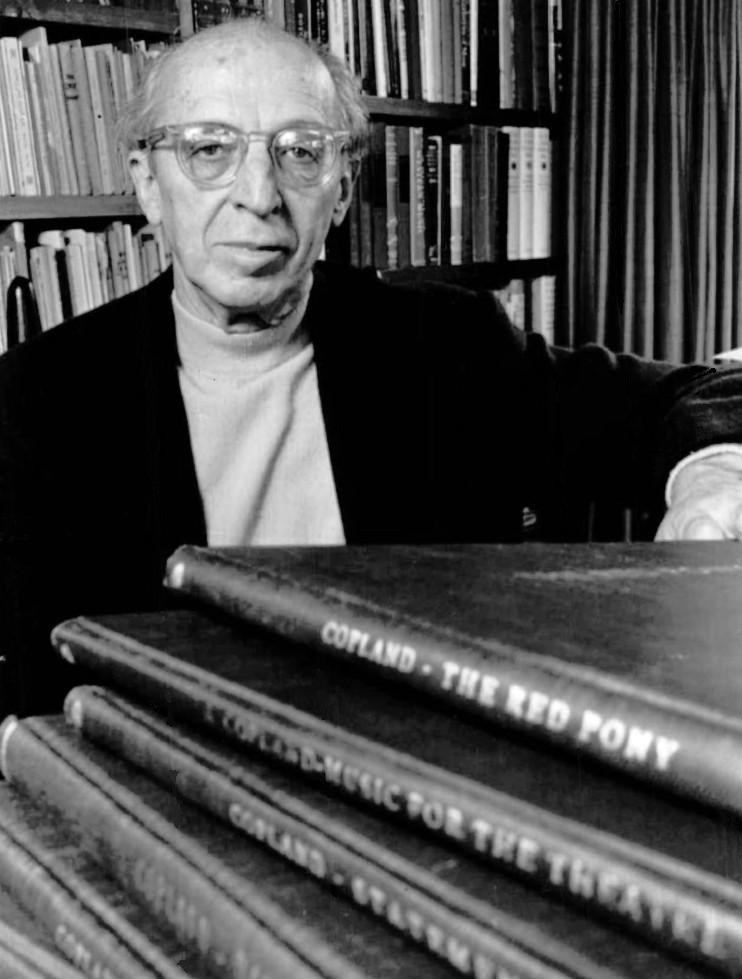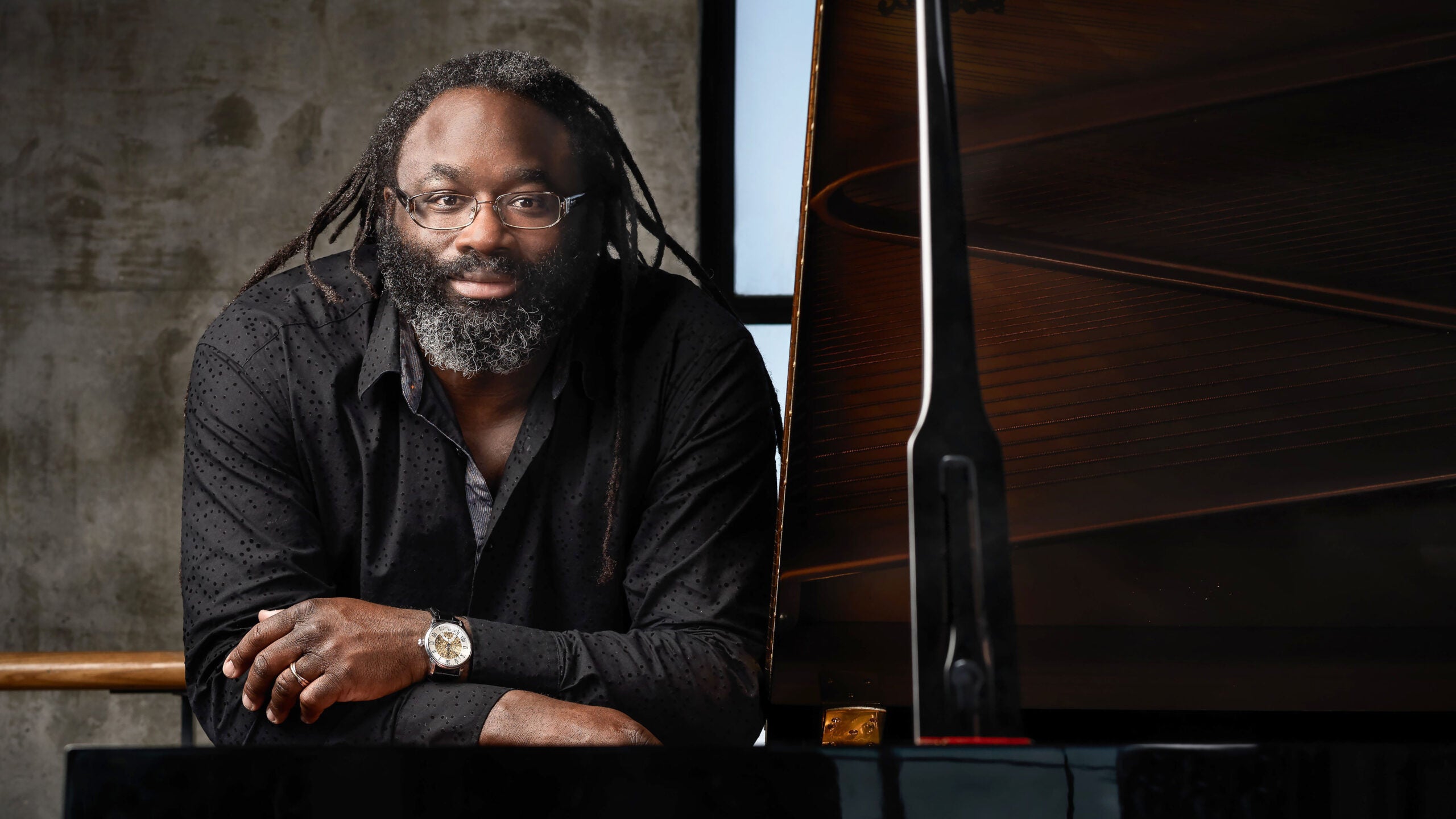In the 1920s the most reliable way for a young composer to make money was to teach–without being too picky about the quality of the students. When twenty-five-year-old Aaron Copland had a chance to make money by performing in a trio at a Pennsylvania summer resort, he took it.
Copland was working on a Symphony for Organ and Orchestra. He imagined a perfect summer with leisurely mornings in which to compose, free meals, and playing easy pieces for afternoon teas and genteel dinners.
It was not to be.
Stay informed on the latest news
Sign up for WPR’s email newsletter.
The Milford Inn was running in the red and had so few guests that the dining room was deathly quiet. The proprietor, a Mr. DiLorenzo, decided that if his business was going to pick up, the dinner music would have to be chosen very carefully.
DiLorenzo insisted that the bulk of the inn’s music come from operas. He wanted the pieces played just as they had been played in southern Italy when he was a boy. He also required that all of the arias be as lively as possible. “What’s the matter7 Don’t you understand the word vivace?” he would ask the trio. “Play with life, with feeling, joy–molto vivace!”
On mornings when there were no “rehearsals” Copland attempted to compose in the empty dining room. But the kitchen crew invariably found mornings the best time to burst into song or to gossip as they worked. His piano playing seemed to be a signal for plumbers or carpenters to show up and begin banging and sawing.
In desperation Copland took off for the local movie theater, where he paid to use the miserable house piano. The place reeked of stale cigarette smoke, but amid the debris of popcorn and ice-cream wrappers, far from the glamour that he had imagined, Aaron Copland found the quiet that he needed to compose his Symphony for Organ and Orchestra.
Wisconsin Public Radio, © Copyright 2024, Board of Regents of the University of Wisconsin System and Wisconsin Educational Communications Board.






